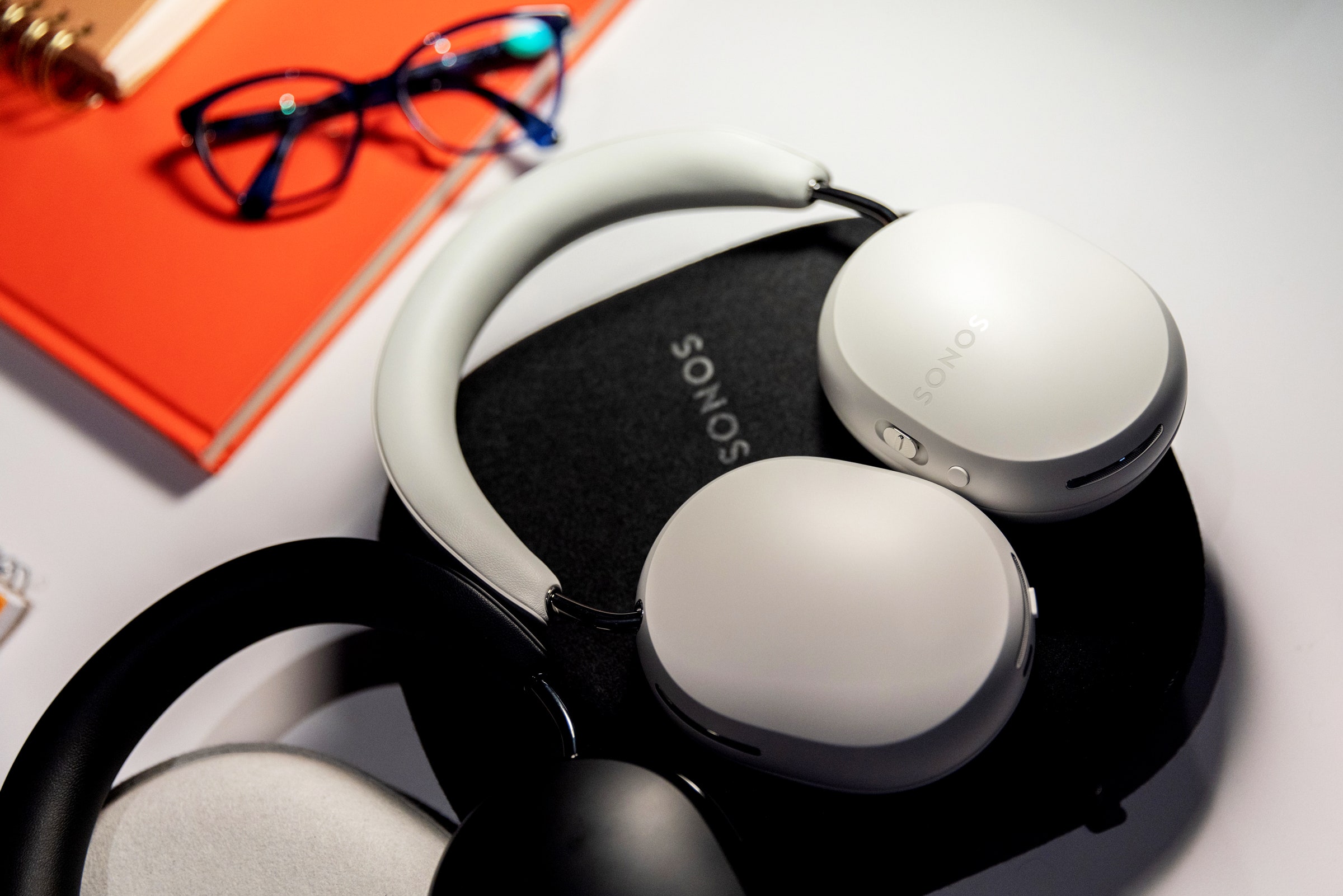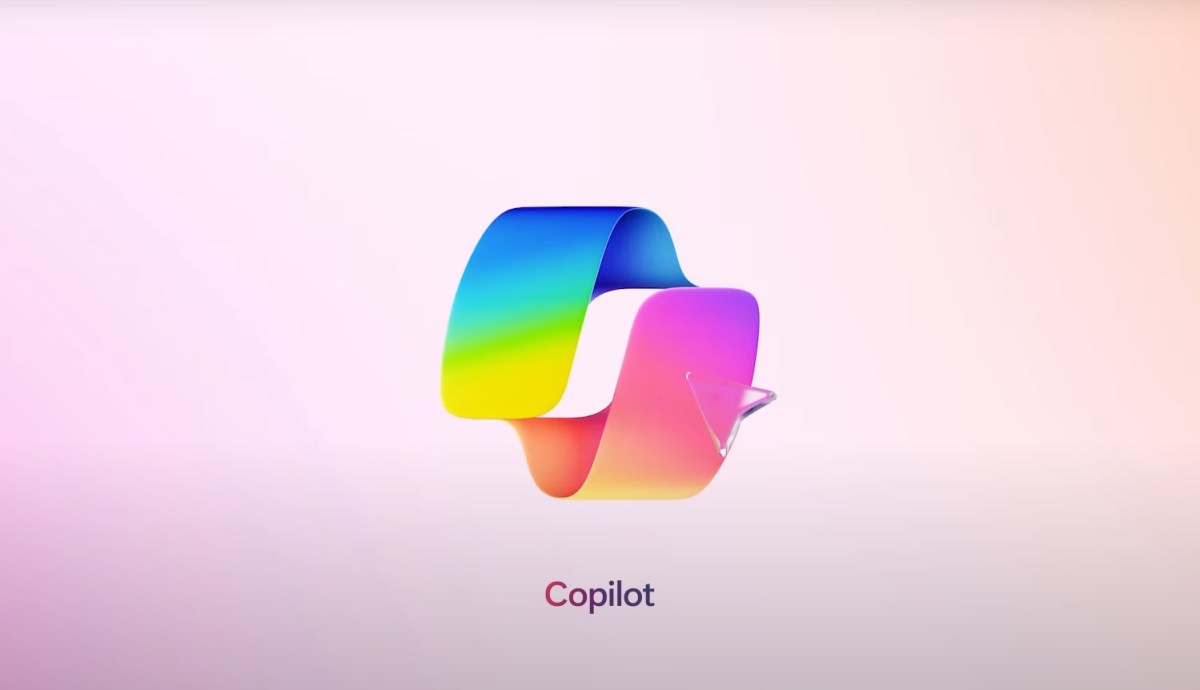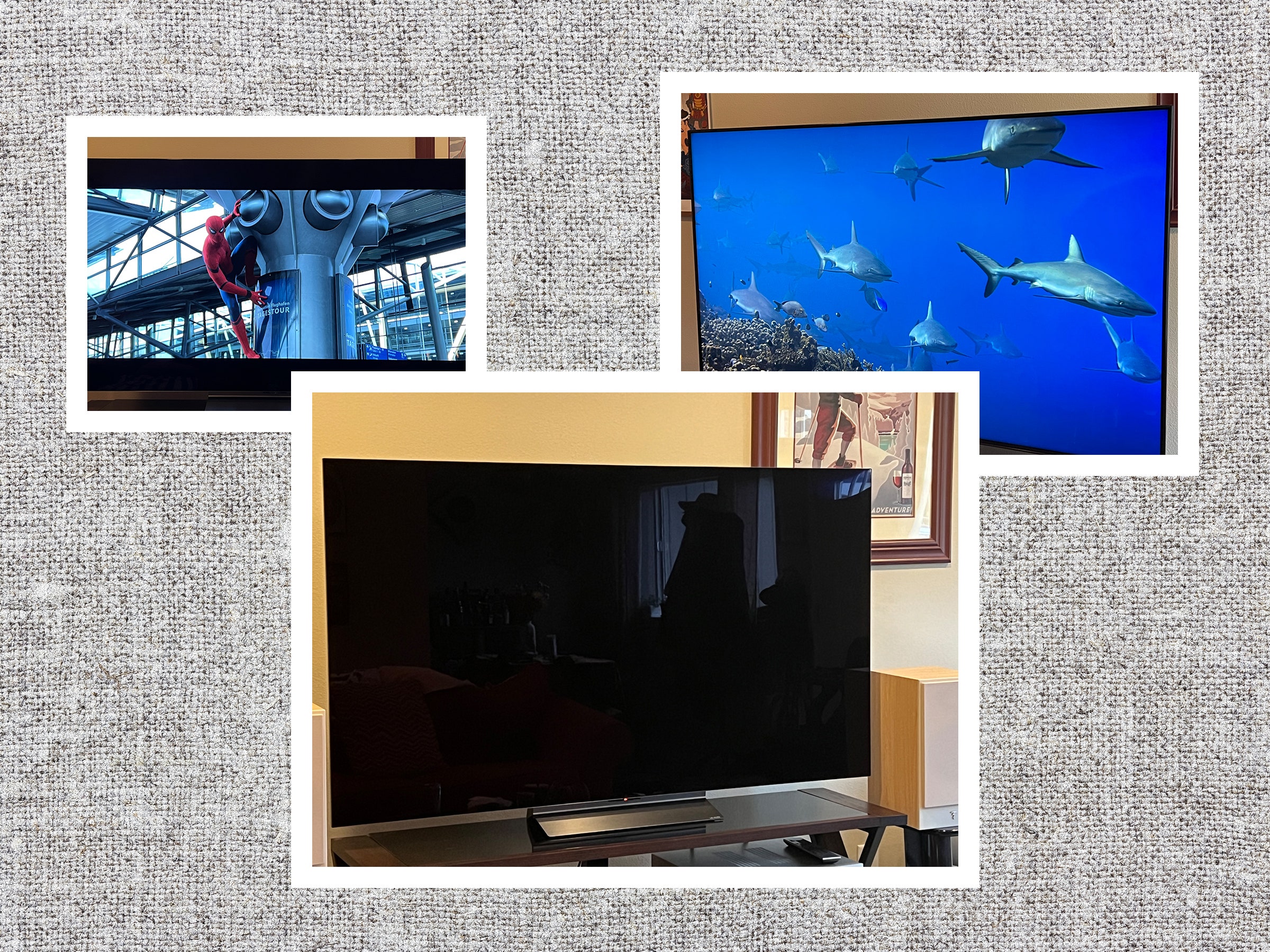The newest version of Sonos’ mobile app is still very bad—so bad, the company is considering ditching the newly redesigned version of the app and bringing back the older version. This news, reported by The Verge, comes along with reports that Sonos is also laying off 100 employees. Indeed, not a great time for the swanky speaker company.
Things first went awry for Sonos when it released the new version of its app in May. It was met with almost universal disdain. Users found the new app format made it difficult to connect to a network, queue up songs, or even change the volume. One of the key complaints was that many of the accessibility features in the legacy app were either poorly implemented in the redesign or removed from the platform entirely. Some users say the app is nigh unusable for blind Sonos owners.
Sonos has at least acknowledged its blunder since the bungled rollout, but the company has yet to fix many of the issues at hand. CEO Patrick Spence has said the fiasco may cost the company upwards of $30 million and has led to it delaying two new hardware products.
Hence the potential frantic backtracking to a version of the Sonos app that actually worked. It isn’t clear whether Sonos will actually let users switch to the previous app version or when such a capability will be available. For now, Sonos users will just have to keep slogging through it.
Here’s some other news from the world of consumer tech this week.
BMW Uno
Great news for anybody who loves the card game Uno and also owns a BMW: You can now combine both of those interests without worrying about losing cards beneath the floor mats.
Uno Car Party! will let riders play Uno together in the vehicle, using a combination of their own phones and the display screens on the car’s dashboard. The new feature—coming to the BMW X3 and select Mini models on August 21—is a joint effort of the game company Mattel and the cloud-based game service AirConsole. This is the same partnership that brought the Who Wants to Be a Millionaire? quiz game to BMW cabins a couple of years ago.
It’s sure to be good fun, but just know that you can’t play card games while driving down the road, lucky for all the other humans and robots on the road. Save it for ferry rides.
Browser Hell
Descend into Hell via Google Chrome, because Diablo is playable on a web browser now. This capability comes via a fan-made, open-source project called Diabloweb that is available on GitHub. The game includes the 1997 Diablo, along with its expansion, Hellfire. It takes a teensy bit of setup (you need to download the game and run it locally), but before long you’ll be able to hack and slash some demons on just about any browser you choose.
Sure, it’s not quite as impressive as running Doom on a pregnancy test or strain of gut fauna, but being able to smoothly play one of the most renowned video games right there in your browser is still pretty nifty.
Starlunk
Starlink, the satellite internet division of Elon Musk’s SpaceX, plans to start offering direct-to-cell access, which will beam its connectivity to cell phone users in a partnership with mobile provider T-Mobile. Other cell providers like Verizon and AT&T don’t seem to like that development very much.
This week, Starlink’s competitors filed petitions to deny Starlink’s efforts to implement its cell service with the US Federal Communications Commission, which regulates how satellite internet is distributed in the US (and beyond, once the satellites are up there).
Providers like Verizon and AT&T have their own motivations for wanting to put the kibosh on Starlink’s cell coverage efforts, considering they are also working on their own satellite cell networks. Starlink has recently come under fire from other sources as well, including consumer advocacy groups who worry about the environmental impact of launching thousands of lightly regulated satellites into low Earth orbit.
Peel the Onion
Famous satirical publication The Onion, recently resuscitated from the crushing grasp of private equity, is going all in on new content. It has upped its social game and has started making videos again. Now the publication is delving into a new-but-old frontier: print.
The new edition of the satirical paper was announced by Ben Collins, chief executive of Global Tetrahedron, the company that now owns the publication. (The name is an in-joke that comes from Onion lore.) It will cost $5 per month to get 12 issues a year if you subscribe before August 31, and no, this is actually not a bit.
AI Photo Bomb
Google is in the bangs phase of its AI era—hyping itself up with big, flashy changes that might actually wind up being kind of cool if it can pull them off juuuust right.
This week, Google held its Pixel hardware announcement event and spent most of the show talking about all the AI capabilities its new phones will have. A big one was souped-up photo app features that let you better edit images and even insert people into them who weren’t there in the first place. Google is also doubling down on its Gemini Live chatbot—don’t call it Google Assistant—to make it chattier, more conversational, and ostensibly more helpful. All it has to do is not get real weird about it.
This week on the Gadget Lab podcast, we talk about all the big things Google announced at its Made by Google event.










